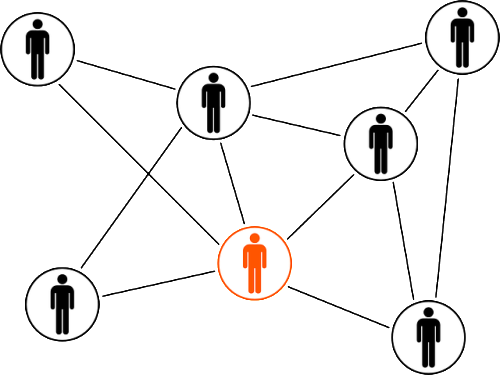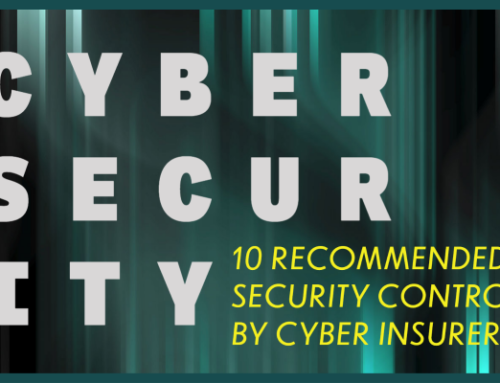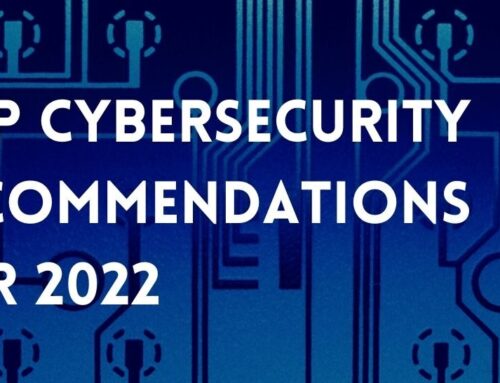As a Managed Service Provider, delivering comprehensive outsourced technology to small and midsize businesses, one of our most common competitors is still the full-time in-house IT person or the outsourced (hourly) “handyman” IT guy/gal. Rarely, for certain organizations and industries, this can be a good fit, but more often than not the individual becomes a major impediment to the growth of the company. How could a dedicated, hard-working Information Technology Manager who has a four-year degree and certifications possibly be a bad option?
Here is a decent analogy: Imagine you are the mayor, chief, Grand Puba of a small village of 30 or 40 people and need to offer medical care to your people to keep your town productive and happy. You’re looking for somebody who “knows medicine”. Now write the job description: Individual must be the general practitioner, intake nurse for all sick patients, triage nurse in crisis, specialist for all ailments and injuries, resident surgeon and occasional psychiatrist. Obviously, this individual doesn’t exist at any price. And even if you find someone who is excellent, dedicated and brilliant, they will be in serious jeopardy of burning-out very quickly.
Perhaps an even bigger risk to you as the mayor, chief and/or Grand Puba, is that you only have the advice and strategy of that one person. When the nasty flu hits the village, you are going to run to your medical generalist desperate for his or her advice, and whether they have the expertise or not, they are going to give you advice that you will have very little choice but to accept. This advice could be self-serving, loaded with bias, poorly considered, outdated or completely ineffective and you would have no way of knowing until it’s too late.
This analogy represents a problem we see all too often in small and midsize businesses. There are far, far too many interrelated moving parts in technology for any one person to be a comprehensive resource. One-man IT departments are a relic of the past, but have held a fiefdom over technology in many companies by providing excellent fire-fighting services that leave business owners asking: “Well, who would fix my computer on the fly every week when it breaks?”
Effective IT is managed strategically and aligned with the long-term business goals of the organization. It employs best practices, applies effective root cause analysis to isolate the underlying sources of problems, and then dispatches the individual with the appropriate specialized knowledge to efficiently fix the issue. Just like a high-functioning clinic or hospital. Even better, a Managed Services Contract typically costs about the same or less than a full-time employee. This is why the managed IT services model outperforms all alternatives.
To learn about the history of managed services, here is an interesting link: http://goo.gl/68OmzT
Contact Upward today to discuss more effective alternatives for your business.







Leave A Comment